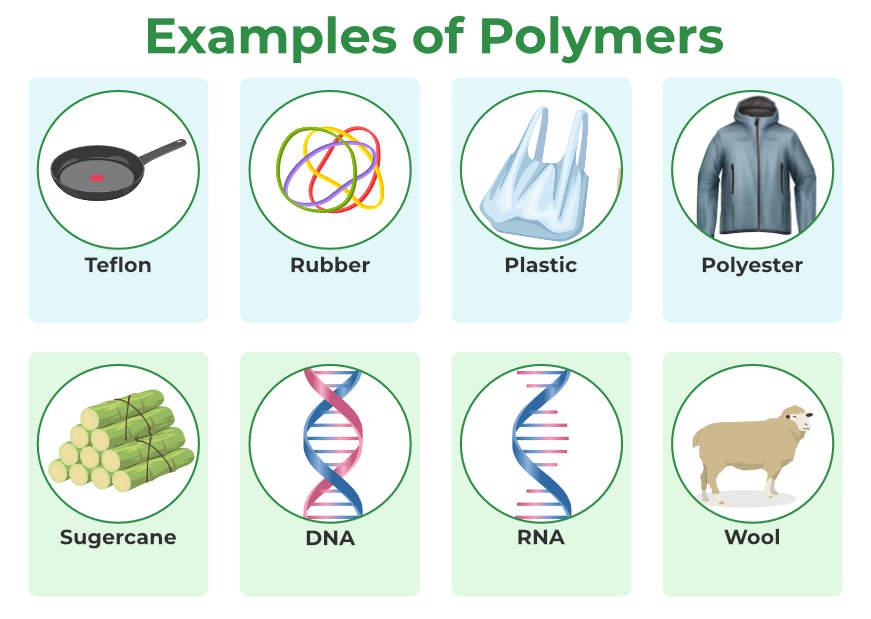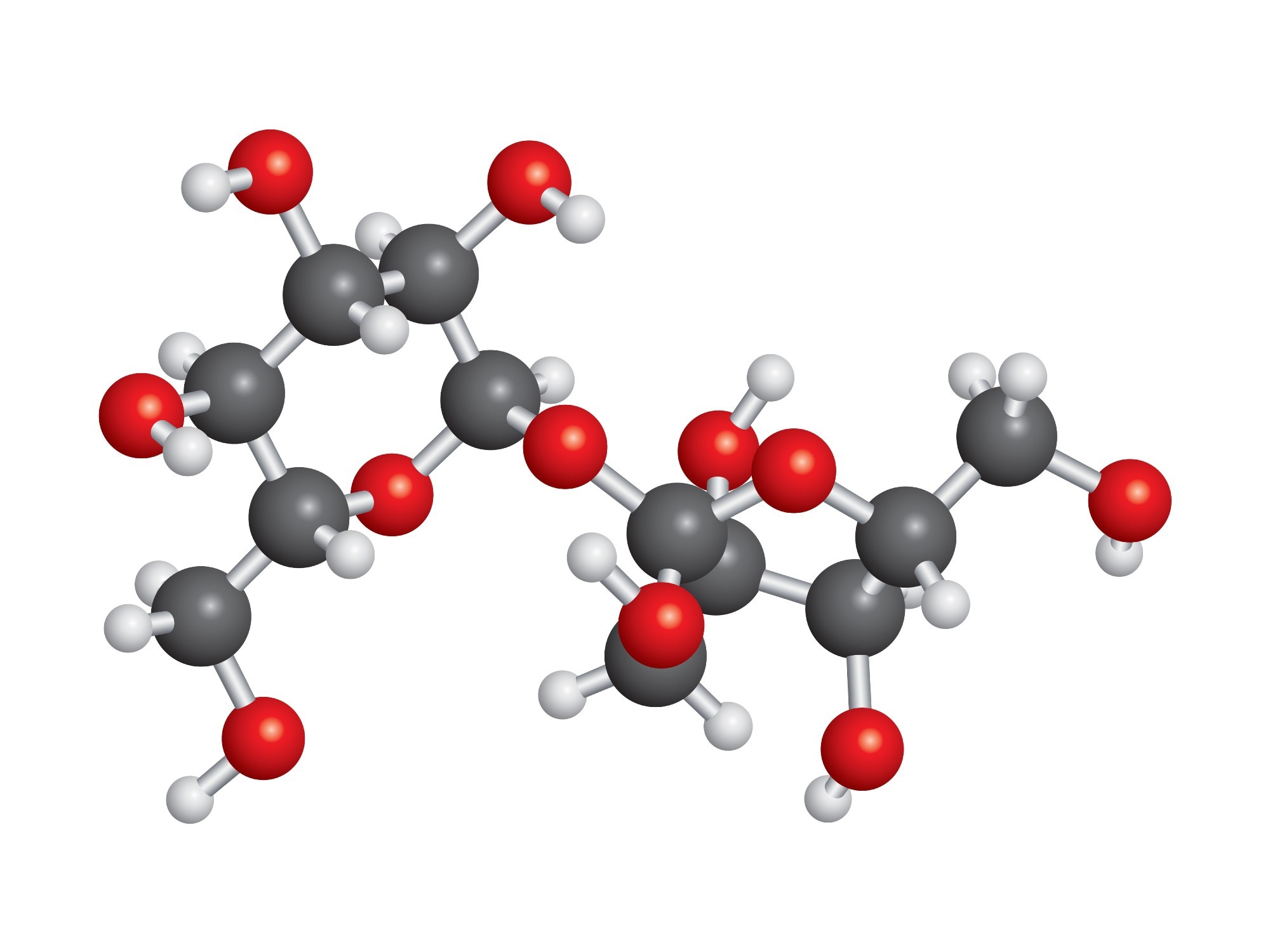Lasting Polymers: Eco-Friendly Solutions for the Future
Lasting Polymers: Eco-Friendly Solutions for the Future
Blog Article
Exploring the Varied Applications and Advantages of Polymers in Different Industries
Polymers, with their diverse array of buildings and capabilities, have come to be essential in different industries, each enjoying one-of-a-kind take advantage of their application. Polymers. From enhancing security and efficiency in the automotive sector to revolutionizing medical gadgets in the medical care market, polymers play a pivotal duty. Moreover, their environment-friendly nature is changing the landscape of sustainability techniques. As we look into the depths of polymers in electronics, we reveal cutting-edge developments, while their structural stability changes the realm of building and construction and infrastructure. The prevalent impact of polymers across industries is a testament to their adaptability and flexibility, forming the future of numerous markets.
Automotive Industry Applications
Polymers play a crucial function in boosting the efficiency and resilience of different parts within the vehicle sector. One popular usage of polymers in the automotive industry is in the production of lightweight elements.

Medical Care Industry Advantages
In various health care applications, the benefits of making use of polymers are widely recognized for their varied variety of beneficial buildings. Polymers play an essential function in the medical care sector due to their adaptability, biocompatibility, and cost-effectiveness. Among the key advantages of polymers in health care is their capability to be customized to specific requirements, such as versatility, resilience, and biodegradability, making them excellent for a wide variety of clinical applications.
Polymer-based materials are thoroughly made use of in medical tools, such as catheters, implants, prosthetics, and drug delivery systems, because of their biocompatibility and capacity to resemble natural cells. These products can lower the danger of sensitive reactions or denials, enhancing patient security and end results. Additionally, polymers are light-weight, making them suitable for wearable clinical tools and making sure patient convenience.
In addition, polymers allow the development of ingenious treatment techniques, such as hydrogels for cells engineering and nanocomposites for targeted drug distribution. Their simplicity of processing and sanitation makes them crucial for preserving high criteria of health in healthcare setups. Overall, the diverse benefits of polymers contribute dramatically to developments in clinical technology and individual care.
Ecological Benefits of Polymers

Furthermore, polymers can add to energy cost savings due to their light-weight nature. In sectors such as transportation, light-weight polymer products can help in reducing fuel intake and greenhouse gas discharges. In addition, polymers can enable the growth of energy-efficient products such as insulation products that improve power conservation in structures.
In addition, polymers play an essential duty in reducing water contamination. The usage of polymer-based purification systems can successfully eliminate toxins and pollutants from wastewater, protecting water resources and ecosystems. Overall, the ecological advantages of polymers make them useful possessions in promoting sustainability and eco-friendly techniques throughout numerous sectors.
Polymers in Electronic Devices and Innovation
Taking into consideration the boosting demand for innovative and sustainable remedies in modern-day sectors, the combination of sophisticated polymer innovations in the realm of electronics and modern technology has actually become an essential method for driving effectiveness and performance. Polymers have changed the electronics industry by making it possible for the production of lighter, more adaptable, and long lasting digital gadgets. From mobile phones to medical gadgets, polymers play a vital role in boosting product look at this website layout and functionality.
One substantial advantage of polymers in electronic devices is their insulating homes, which aid secure fragile electronic parts from environmental aspects and electrical interference. In addition, polymers are important in the growth of flexible screens, wearable modern technology, and printed electronic devices, offering unlimited opportunities for creating wise and interconnected tools.
Furthermore, making use of polymers in digital packaging has caused developments in miniaturization and thermal monitoring, improving the general efficiency and reliability of electronic systems. As modern technology remains to develop, the flexibility and flexibility of polymers will definitely drive further development in the electronic devices industry, shaping the future of modern technology.
Role of Polymers in Building and Infrastructure
The integration of advanced polymer materials in building and construction and framework tasks has revolutionized the way structures are designed and built in modern times. Polymers use countless benefits in the building and construction industry as a result of their versatility, toughness, and cost-effectiveness. One vital duty of polymers in building and construction is their usage in layers and sealers, supplying security versus environmental aspects such as wetness, UV radiation, and rust. Additionally, polymers are utilized in the manufacturing of lightweight and high-strength composite products, boosting the architectural stability of buildings while reducing total weight.
In addition, polymers play an essential duty in sustainable building and construction techniques by making it possible for the growth of energy-efficient frameworks. Insulating products made from polymers aid regulate indoor temperatures, minimizing the hop over to here need for home heating and cooling systems and inevitably reducing energy usage - Polymers.
Verdict
To conclude, polymers play a vital duty in numerous sectors such as automotive, health care, environmental, electronics, and building. Their functional residential properties make them valuable in creating visit homepage ingenious services and products. From enhancing fuel effectiveness in lorries to enhancing medical devices, polymers provide many benefits. Furthermore, their influence on decreasing waste and promoting sustainability highlights their value in modern applications. The extensive use polymers demonstrates their substantial contribution to progressing technology and improving high quality of life.
Report this page